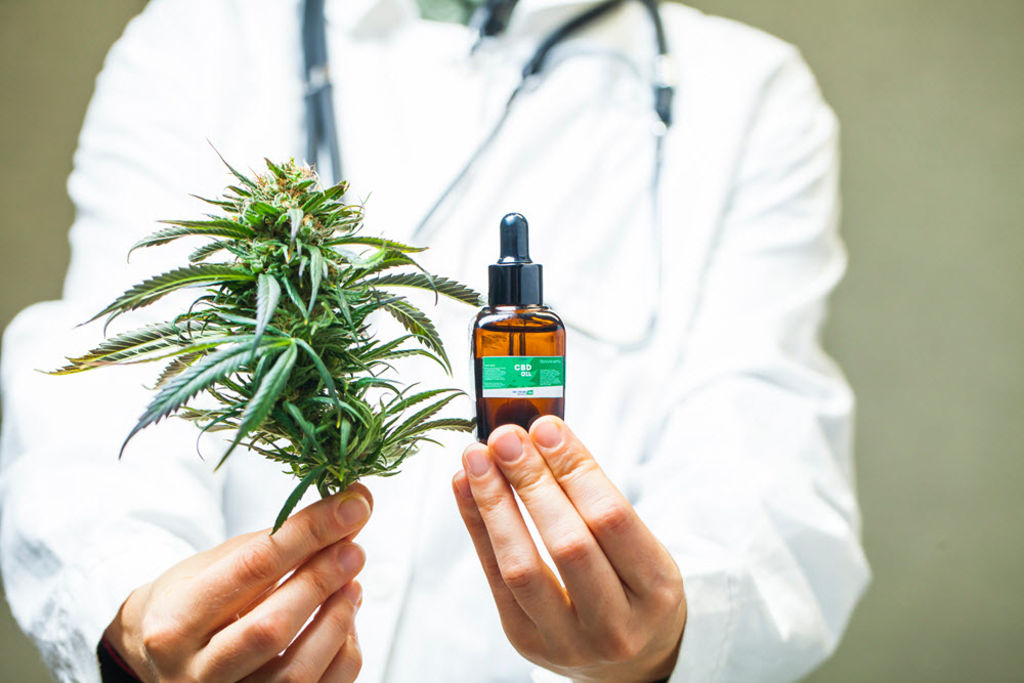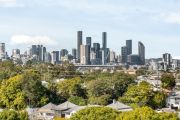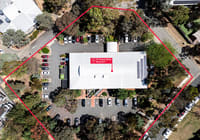
Why the popularity of these Australian cannabis clinics is soaring
It’s one of Australia’s fastest growing businesses but its premises are among the lowest profile in the country.
For, while customer numbers are going up 1000 per cent year-on-year, Southern Cannabis Holdings doesn’t advertise the exact addresses of its five medicinal cannabis clinics in Australia and one in New Zealand, as well as another newly opened in the United Kingdom.
“We started off listing where our clinics are, but now we don’t,” said company founder and director Tim Drury. “We had a lot of people walking in and asking to see a doctor so they could have some cannabis.
“But we only take patients on referral from their local GP, so we talk to patients by phone or email first and take it from there.”
The company officially launched in Australia and the UK on September 5, operating three businesses: Australia’s first and largest network of medicinal cannabis clinics, CA Clinics; a specialist contract research firm for the cannabis industry called Applied Cannabis Research; and FreshLeaf Analytics, a source of data and information about medicinal cannabis.
But it opened its first clinic in Sydney’s CBD in May last year, with another opening shortly afterwards in North Sydney, and others in Melbourne’s St Kilda, South Brisbane and at Broadbeach on the Gold Coast. A sixth clinic is in Auckland and its latest is on Harley Street in central London which will start seeing patients from September 16.
The company now has plans to open more clinics in Australia, as well as look for other opportunities around the world.
The type of buildings and their fitouts weren’t as important as their accessibility and locations close to transport for patients who were chronically ill or had disabilities, said Mr Drury.
Medicinal cannabis was legalised in Australia in February 2016 and it’s believed that about 5000 patients are now actively taking legal medicinal cannabis.
It is different from recreational cannabis as it is strictly regulated to include a typically higher ratio of the ingredient cannabidiol (CBD) to the mood-altering tetrahydrocannabinol (THC) so it won’t produce hallucinogenic effects.
“We estimate that the total market will eventually be about 500,000 people, or 2 per cent of the population,” Mr Drury said. “California is the oldest cannabis market where it’s been legal since the 1990s and it’s got there to about 2 per cent of the population using it for medicinal purposes.
“At the moment, we have 31 different conditions that are currently being treated, with those conditions approved for cannabis use by the [Theraputic Goods Administration]. Our patients come from everywhere, but for those in the country who have trouble travelling into the cities, we offer a tele-help service for referral and consultation and, if approved, we post their medicine, with insurance and tracking.”
FreshLeaf Analytics expects the Australian medicinal cannabis industry to grow to about $50 million of annualised revenue, in both products and services, by the end of the year.
Medical director of CA Clinics Dr Sanjay Nijhawan said he had been treating patients with a variety of conditions, including neuralgia, spasms, Tourette syndrome, Parkinson’s disease, multiple sclerosis, anxiety, sleep disorders and myopathy.
“I’m a clinician through and through, and if this didn’t work then I’d walk away from it,” he said. “But hand on heart, I can say we’ve had amazing results. We’ve seen, in general, a 20 to 80 per cent improvement, and a huge reduction in opioid use, and there are a few who say their lives have completely changed as a result.
“At the moment, we’re only treating a small percentage, but I think in 10 years it will be completely different. As we understand more about medicinal cannabis and the process and treatment, I think it has enormous potential. There’s so much scope with older patients too, as I also run an aged-care business and I think that area is also ripe for study.”
The company Applied Cannabis Research has also just received ethics approval to conduct a world-first clinical trial on epilepsy, in collaboration with MGC Pharma and Epilepsy Action Australia.
Meanwhile Southern Cannabis Holdings is preparing to enter other markets around the world, in addition to New Zealand and Britain, which have similar pharmaceutical-healthcare regulations that allow and support medicinal cannabis.
“When Australia legalised it three years ago, they did it in an unusual way, inside a pharmaceutical and healthcare framework,” said Mr Drury. “That’s very different to in Canada and the US, for example.
“But with other larger countries in the world following in our footsteps and rolling out similar regulations, we’ve been able to figure out how to make things work in that kind of environment elsewhere.”










